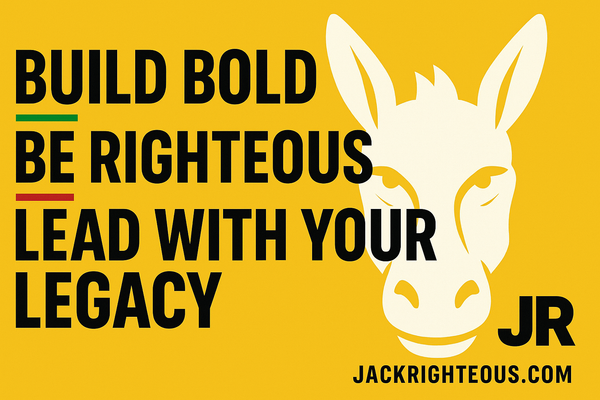AI Copyright Ruling: Must-Watch Video for Music Creators
Gary Whittaker
AI Copyright Ruling: What Every Music Creator Must Know
There is a video that every music creator using AI needs to watch—it deserves 1 million views. A recent court ruling has shifted the landscape for AI and copyright, and this video explains the implications. This article summarizes the key points and shows how developing your brand alongside your music can protect your rights and open doors to success.
Key AI Copyright Ruling: What Happened?
A U.S. federal court recently ruled that using copyrighted material to train AI is not fair use. This decision could set a major precedent, impacting music AI platforms like Suno, Udio, and others facing lawsuits from major record labels. The case involved legal database Westlaw, but its implications extend far beyond the legal industry.
1. Fair Use Defense Challenged:
- AI developers have argued that scraping copyrighted content is fair use.
- The court rejected this defense, stating the use was not transformative and harmed the original work’s value.
2. Implications for Music AI:
- Companies like Suno and Udio have admitted using copyrighted music in their training data.
- Future rulings could determine whether these platforms can continue operating without licensing agreements.
AI and Copyright Protection for Creators
1. Human Authorship Requirement:
- Copyright law requires human authorship. Purely AI-generated works are not eligible for protection.
- Simply inputting prompts into AI does not make you the author.
2. Human Contribution Matters:
- If you create original material and use AI to expand upon it, your human-created portion may qualify for protection.
- Human input must be visible in the final work.
3. Examples from the Copyright Office:
- Sketch expanded by AI: Registered because the human sketch was still visible.
- Comic book with AI images: Registered because the human arranged and curated the work.
- Music producer using AI for vocals: Registered because AI was a tool, not the primary creator.
Filing a Copyright Application Involving AI
- Visit copyright.gov and log into the eRegistration system.
- Select “Standard Application” or “Group of Unpublished Works.”
- Enter your title and publication details.
- List the authors and claimants. If it’s a company, select “Work Made for Hire.”
- Disclose AI involvement under “Limitation of Claim.” Specify your human contributions.
- Provide rights and permissions contact info (optional).
- Double-check your email to avoid losing your fee over a typo.
- Optional: Request expedited processing (approx. $800 fee).
- Review, pay, and upload your work.
Why You Need to Watch This Video
On JackRighteous.com, I’m launching a series featuring a must-watch content creator: a lawyer and musician who is sounding the alarm on AI copyright issues. Her latest video breaks down this groundbreaking ruling. It should reach 1 million views because it cuts through the noise and gives creators the hard truth.
Her message is clear: Prove your human contribution, or risk losing your rights. While she highlights worst-case legal scenarios, I believe AI music creators who view AI as a tool—like myself—can thrive if they build their brand and document their process.
Building Your Brand and Monetizing Your Work
AI is a tool. You are the creator. Your human touch is what drives value and unlocks copyright protection. Building your brand alongside your music creation ensures you protect your work and position yourself to profit.
Shopify: The Creator’s Platform
- Distribute music directly to fans—free, paid, or subscription.
- Showcase your creative process—original lyrics, AI-assisted drafts, and final human-polished versions.
- Establish brand identity—like JackRighteous.com, where I share my unique journey and human contributions to every song.
- Control your platform—own your domain and avoid creative limitations found on third-party platforms.
Learn more about scaling with Shopify here: Scale with Shopify
Affiliate Disclaimer: Some links may be affiliate links. We may earn a commission if you purchase through these links, at no extra cost to you.
Conclusion
Copyright laws are evolving, but one thing is certain—human input matters. Use AI as a tool, document your process, and develop your brand. This approach will protect your work and position you to succeed in the AI music revolution. Don’t skip the video—it could save your career.
